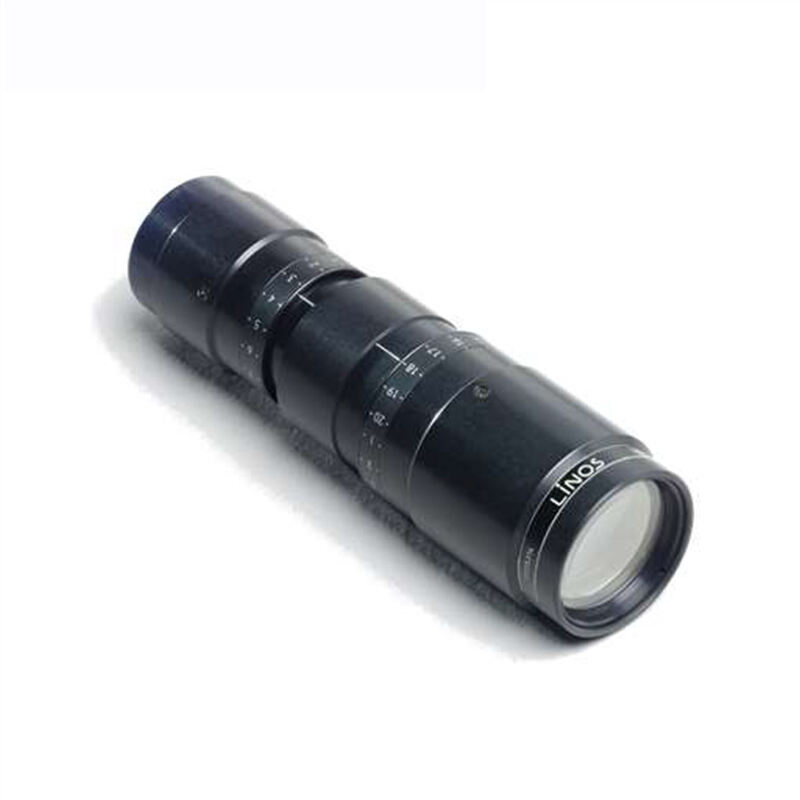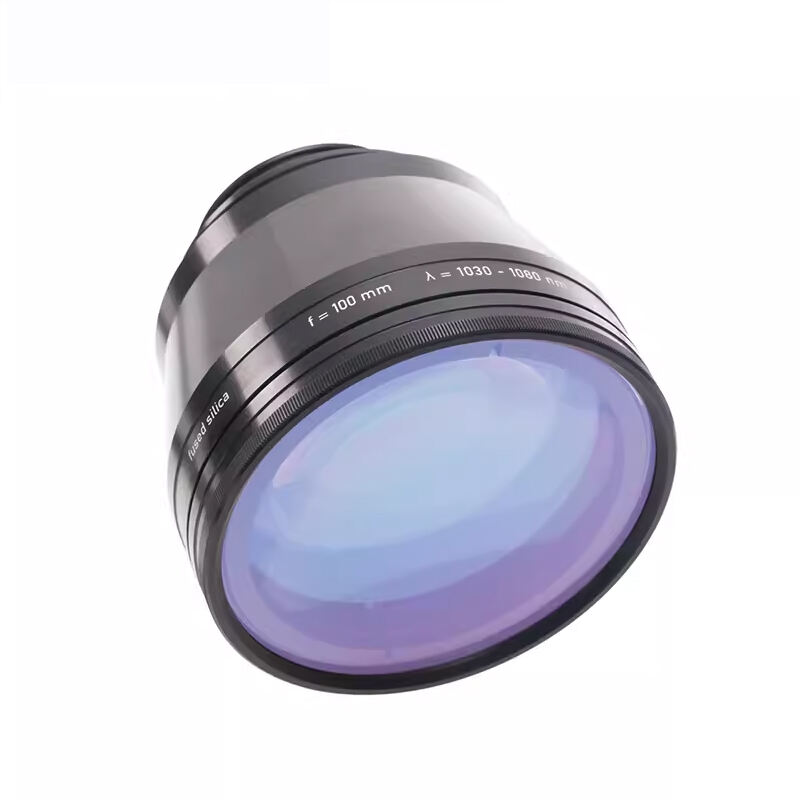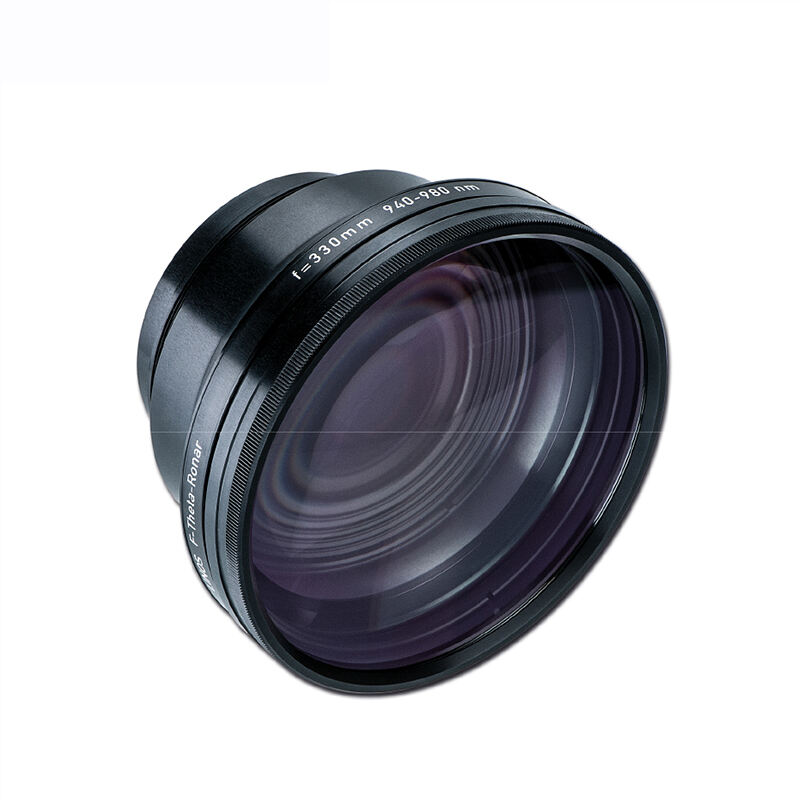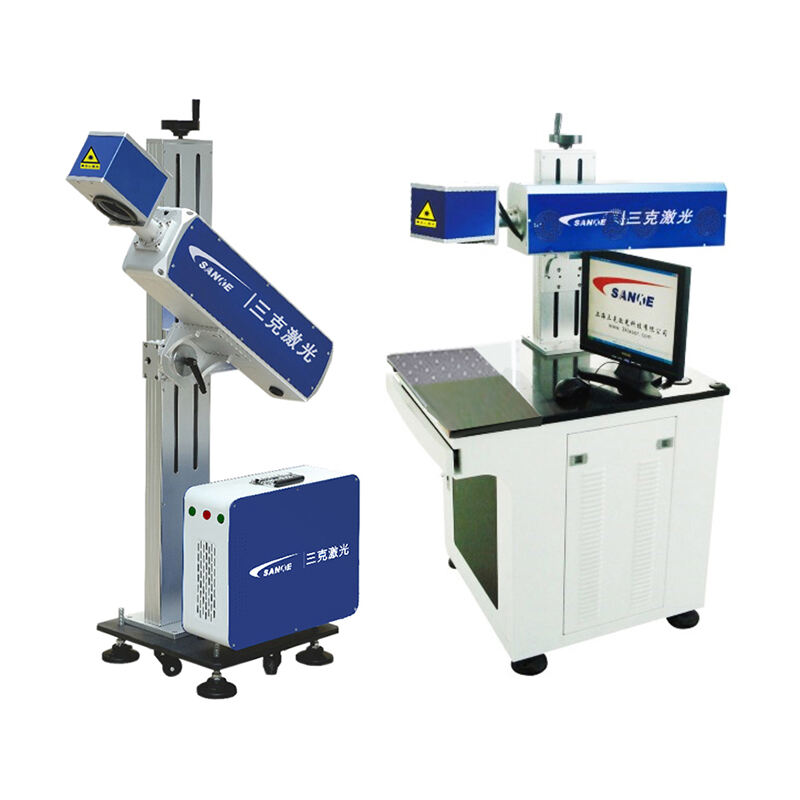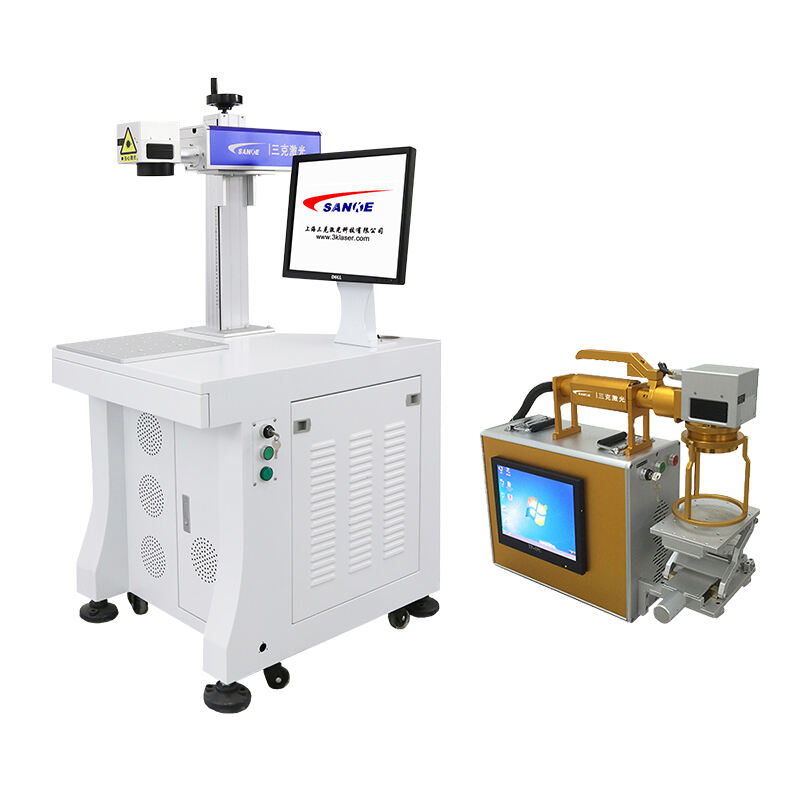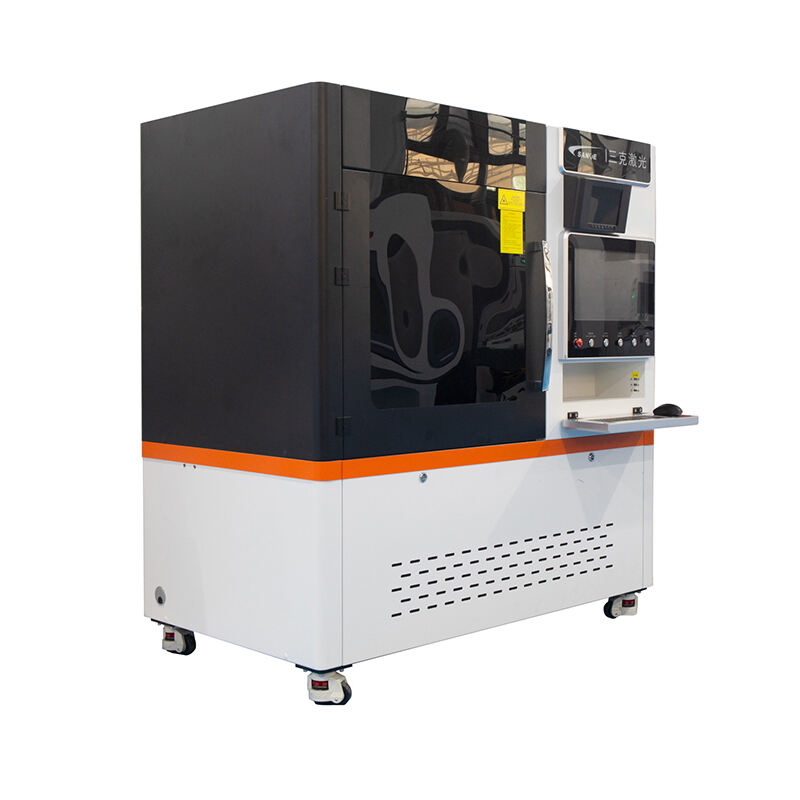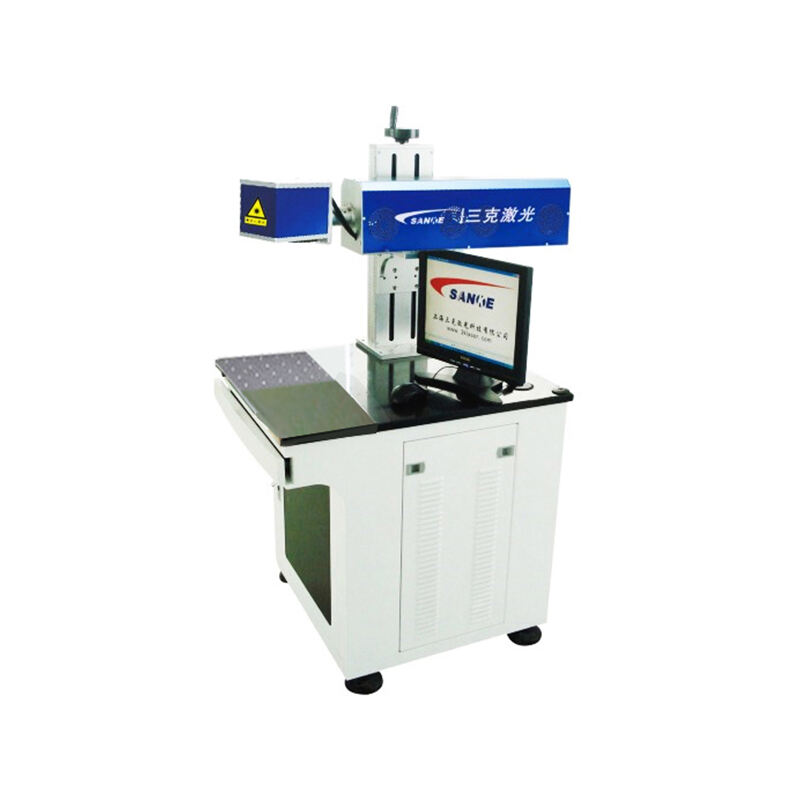laser source manufacturers
Laser source manufacturers represent the backbone of modern photonic industries, developing and producing sophisticated laser systems that power countless applications across diverse sectors. These specialized companies focus on creating high-performance laser devices that generate coherent light through stimulated emission processes. The primary function of laser source manufacturers involves designing, engineering, and manufacturing various types of laser systems including diode lasers, fiber lasers, solid-state lasers, gas lasers, and ultrafast pulsed lasers. Their technological expertise encompasses precision optical components, advanced cooling systems, power management electronics, and sophisticated control software that ensures optimal laser performance. Modern laser source manufacturers integrate cutting-edge technologies such as wavelength stabilization, beam shaping optics, and intelligent monitoring systems to deliver reliable and consistent output. These companies serve multiple industries including telecommunications, medical devices, industrial manufacturing, defense applications, scientific research, and consumer electronics. In telecommunications, laser source manufacturers provide essential components for fiber optic communication systems, enabling high-speed data transmission across global networks. Medical applications benefit from precisely calibrated laser systems used in surgical procedures, diagnostic equipment, and therapeutic treatments. Industrial sectors rely on powerful laser sources for material processing, welding, cutting, marking, and additive manufacturing processes. Research institutions depend on specialized laser systems for spectroscopy, microscopy, and experimental physics applications. The technological features of modern laser source manufacturers include advanced thermal management systems, precise wavelength control, high beam quality specifications, and robust packaging designs that withstand harsh operating environments. Many manufacturers incorporate smart diagnostics and remote monitoring capabilities, allowing users to track performance metrics and predict maintenance requirements. Quality assurance protocols ensure consistent output specifications, long operational lifespans, and compliance with international safety standards across all product lines.
 EN
EN
 AR
AR
 FR
FR
 DE
DE
 JA
JA
 KO
KO
 RU
RU
 ES
ES


